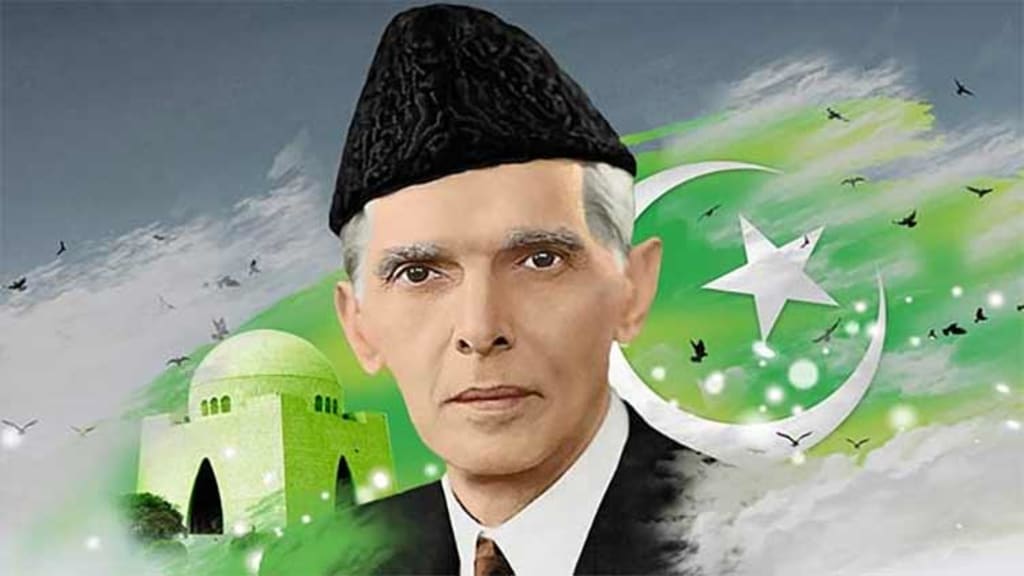
Introduction:
In the tumultuous era of the early 20th century, a visionary leader emerged from the depths of political upheaval and social unrest. His name was Muhammad Ali Jinnah, and he would go on to become the founding father and the first leader of Pakistan. This is the story of a man who navigated the complexities of a divided nation, fought for the rights of his people, and left an indelible mark on the course of history.
Early Life and Education:
Born on December 25, 1876, in Karachi, then part of British India, Jinnah hailed from a prosperous merchant family. He received a comprehensive education, studying law in London, England, and immersing himself in the ideals of justice, equality, and parliamentary democracy. These formative years shaped his intellectual acuity, sharpened his legal skills, and instilled in him a deep sense of duty towards his fellow countrymen.

Political Awakening:
Jinnah's political awakening came in the early 20th century, as he witnessed the struggle of the Indian National Congress against British colonial rule. His exceptional oratory skills and legal acumen propelled him to the forefront of the Indian nationalist movement. Initially, he worked closely with the Congress, striving for a united and independent India, where Hindus and Muslims could coexist harmoniously.

Championing Muslim Rights:
However, as communal tensions escalated and the voices of Indian Muslims went unheard within the Congress, Jinnah began to advocate for the rights and aspirations of the Muslim community. He firmly believed in the principle of religious freedom and the protection of minority rights. Jinnah's unwavering commitment to the cause of Muslims led to his pivotal role in the formation of the All-India Muslim League in 1906, which became the vanguard of Muslim interests.
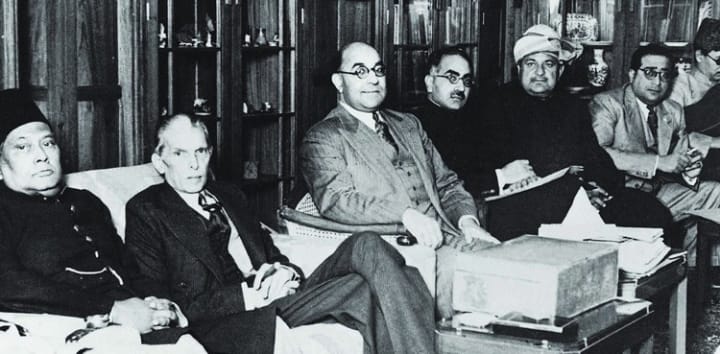
Demand for Pakistan:
Jinnah's political journey reached a critical juncture in 1940 when he presented the historic Lahore Resolution, popularly known as the "Pakistan Resolution." This landmark event marked the formal demand for the creation of a separate homeland for Muslims in British India, where they could live in peace and practice their religion freely. Jinnah's astute leadership and unwavering dedication to the cause of Pakistan garnered widespread support among the Muslim masses.

Negotiations and Independence:
As the struggle for independence intensified, Jinnah's statesmanship and negotiation skills were put to the test. He engaged in rigorous dialogue with both British officials and Indian leaders, striving for a peaceful and amicable partition of the subcontinent. Despite numerous obstacles and vehement opposition, Jinnah's determination prevailed, and on August 14, 1947, Pakistan emerged as an independent nation, with Jinnah assuming the role of its first Governor-General.
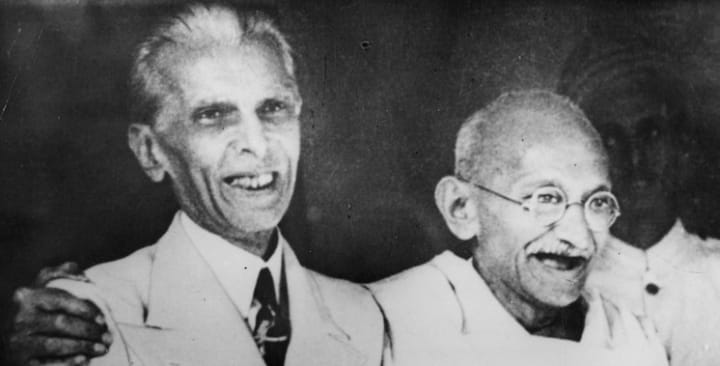
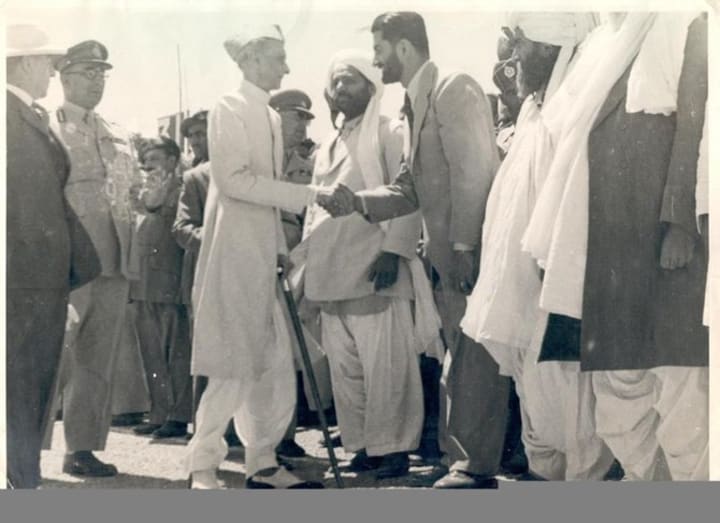
Building a Nation:
Jinnah faced formidable challenges in the early years of Pakistan's existence. The country was confronted with the task of establishing a strong foundation for a democratic state while dealing with the aftermath of partition, including the mass migration of millions and the violence that accompanied the division. Jinnah's vision for Pakistan rested on the principles of unity, faith, and discipline, and he worked tirelessly to transform it into a modern, progressive, and inclusive nation.
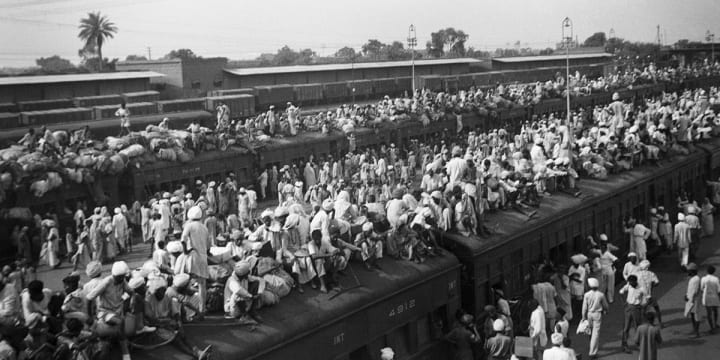
Legacy and Lasting Impact:
Unfortunately, Jinnah's time as the leader of Pakistan was cut short. In 1948, he succumbed to illness, leaving behind a grieving nation and an unfinished mission. Nevertheless, his legacy as a unifying force, a staunch advocate for democracy and human rights, and a defender of the rights of religious and ethnic minorities endures to this day. Jinnah's vision for a democratic Pakistan became the cornerstone of the nation's identity and laid the foundation for its future trajectory.
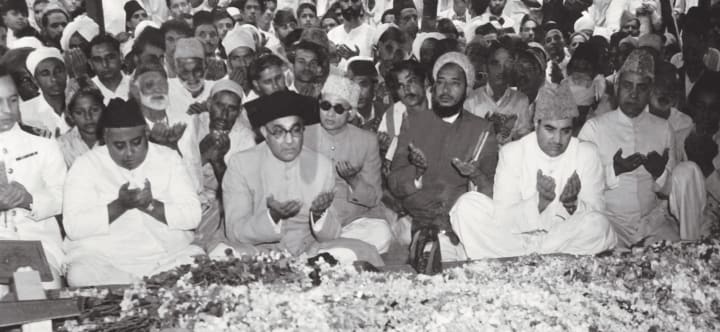
Jinnah's leadership and political acumen provided Pakistan with a strong sense of direction during its formative years. He envisioned a country where all citizens, regardless of their religion, would have equal rights and opportunities. He championed the principles of tolerance, inclusivity, and social justice, recognizing the diversity that defined the Pakistani population.
Under his guidance, the government embarked on significant initiatives to lay the groundwork for a modern nation-state. Jinnah emphasized the importance of education, urging the development of educational institutions that would foster critical thinking and intellectual growth. He believed that an educated population was crucial for Pakistan's progress and prosperity.

Furthermore, Jinnah played a pivotal role in the drafting and adoption of Pakistan's first constitution. He advocated for a democratic system that respected the rule of law, protected fundamental rights, and ensured equal representation for all citizens. His commitment to democratic ideals set Pakistan on a path that, despite challenges and setbacks, has continued to shape the country's political landscape.
Jinnah's enduring influence extends beyond the realm of politics. He emphasized the importance of unity and national cohesion, promoting a sense of Pakistani identity that transcended regional, ethnic, and linguistic divisions. His call for unity resonated with the people, and it continues to inspire a shared sense of pride and belonging among Pakistanis today.
Moreover, Jinnah's commitment to social justice and gender equality left a lasting impact on Pakistani society. He encouraged women's participation in public life, advocating for their rights and representation. His belief in equal opportunities for all laid the groundwork for subsequent generations of Pakistani women to play vital roles in various fields, including politics, education, and the arts.
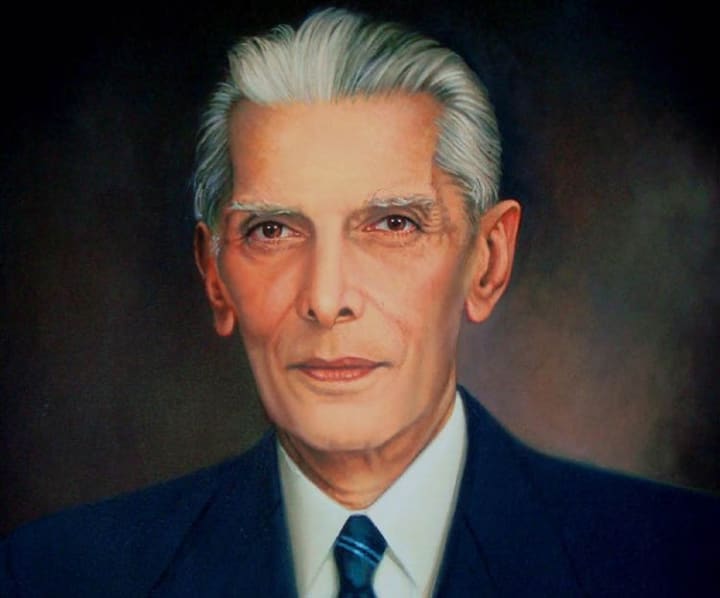
Jinnah's untimely death in 1948 left a void that was difficult to fill. However, his vision and principles remain embedded in the fabric of Pakistan's identity. His words, "Unity, Faith, and Discipline," continue to resonate as a rallying cry for the nation's progress and development.
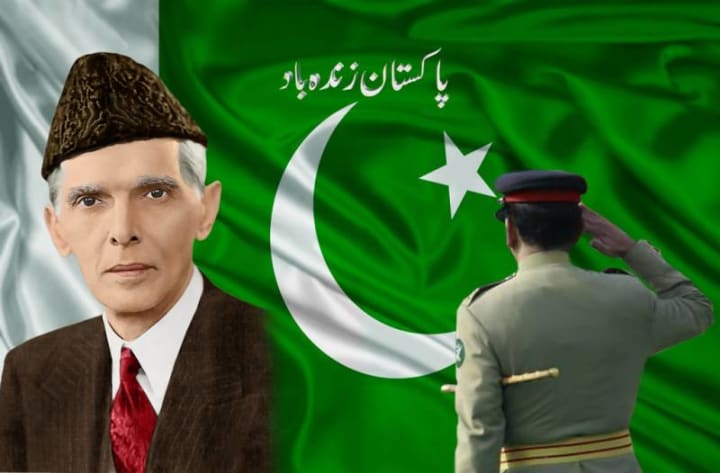
Today, Pakistan stands as a testament to Jinnah's unwavering determination and visionary leadership. The challenges it faces are many, but the principles he instilled continue to guide the nation toward a brighter future. As Pakistan's first leader, Muhammad Ali Jinnah remains a revered figure-an icon of hope, perseverance, and the enduring spirit of a united and democratic Pakistan.



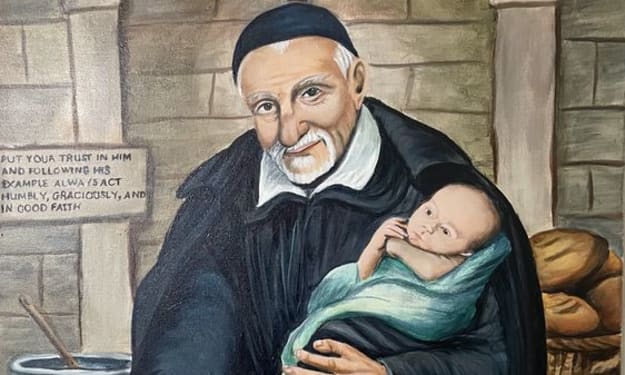

Comments
There are no comments for this story
Be the first to respond and start the conversation.